


Scientists have discovered that people with COPD have lung cells that contain over three times as much soot-like carbon as those of smokers without the disease....



A breakthrough study from Keck Medicine of USC may have found a powerful new triple therapy for glioblastoma, one of the deadliest brain cancers. By combining...
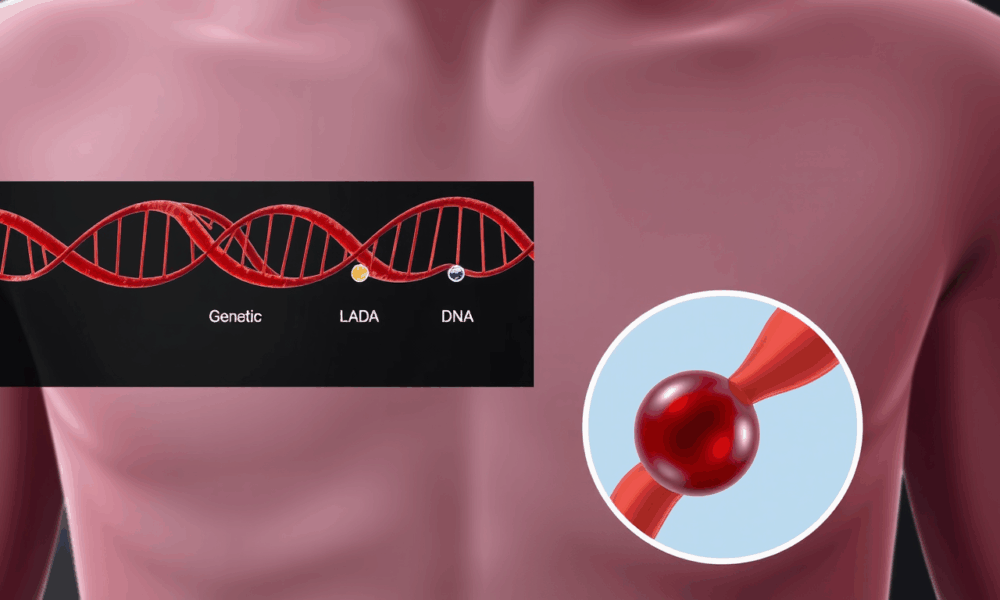
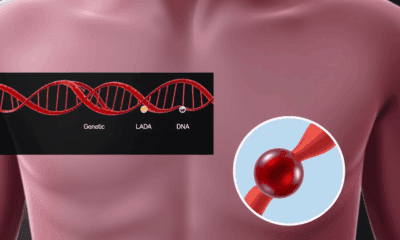

Genetic research in Sweden has unveiled three new gene variants that dramatically increase the risk of venous blood clots, sometimes by up to 180%. These discoveries...



A powerful new discovery reveals that Nup98 a protein once thought to only ferry molecules through the nucleus plays a vital role in safeguarding the most...

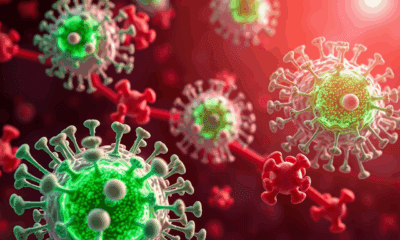

Scientists have discovered how pancreatic cancer cells thrive in the lungs or liver, environments that are as distinct to cells as the ocean and desert are...
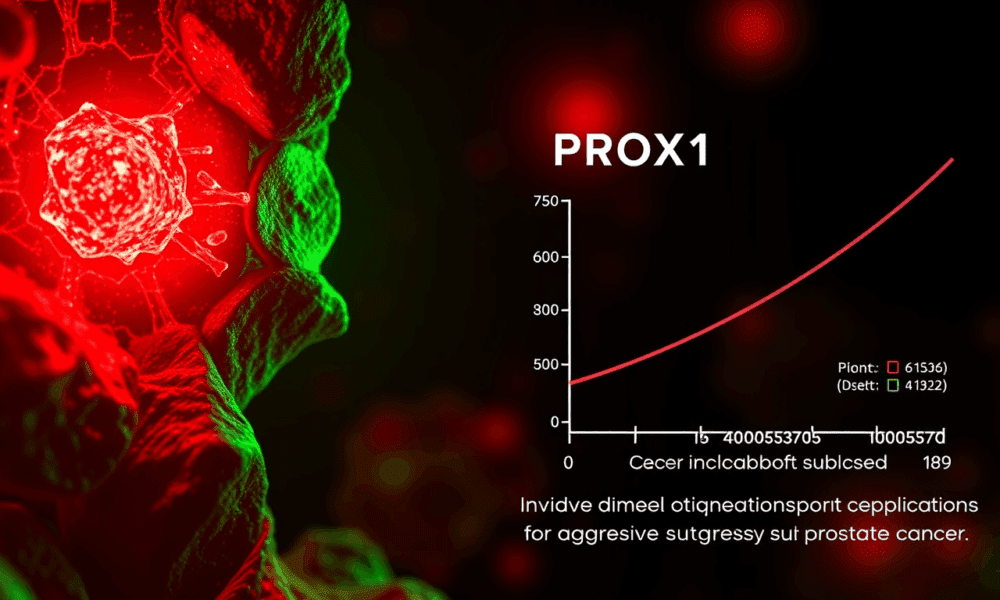
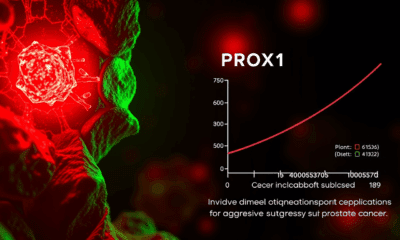

Researchers have identified a gene that plays a key role in prostate cancer cells that have transitioned to a more aggressive, treatment-resistant form. The gene can...

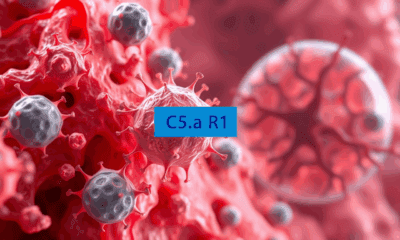

Researchers have identified C5aR1 as a novel biomarker for metastasis risk and poor prognosis in patients with cutaneous squamous cell carcinoma (cSCC), the most common type...



An international clinical trial shows an innovative CAR-T cell immunotherapy is promising against aggressive T cell cancers and has manageable side effects.



New techniques used to analyze soft tissue in dinosaur fossils may hold the key to new cancer discoveries. Researchers have analyzed dinosaur fossils using advanced paleoproteomic...



With wildfires increasing in frequency, severity, and size in the Western U.S., researchers are determined to better understand how smoke impacts air quality, public health, and...